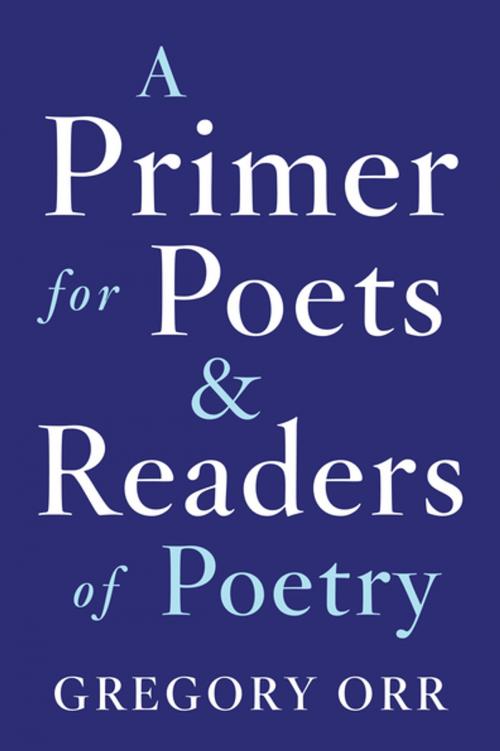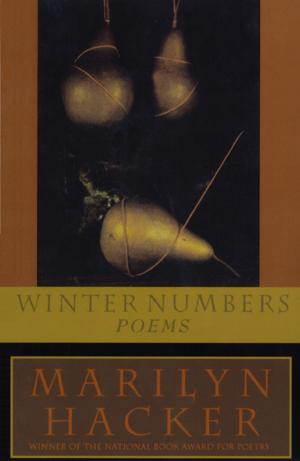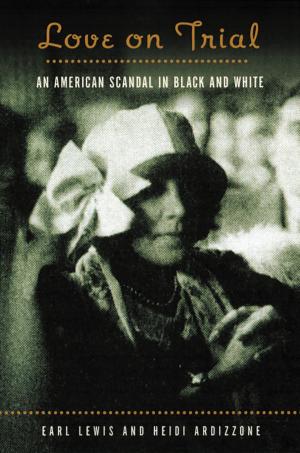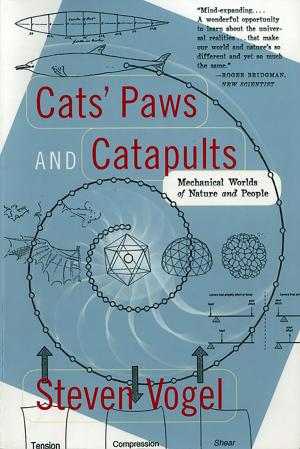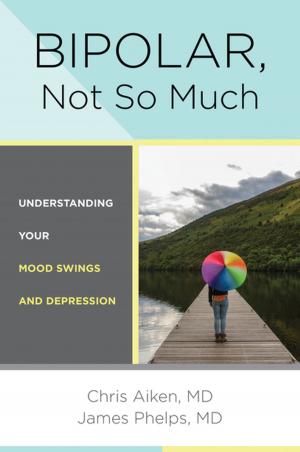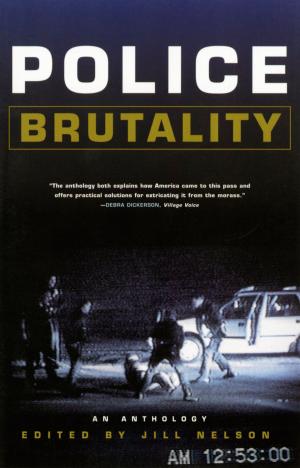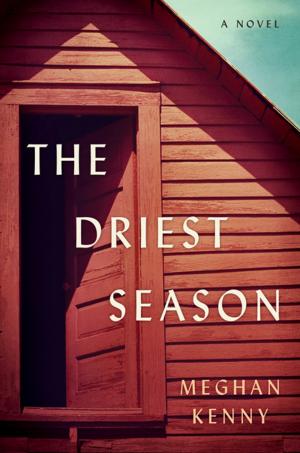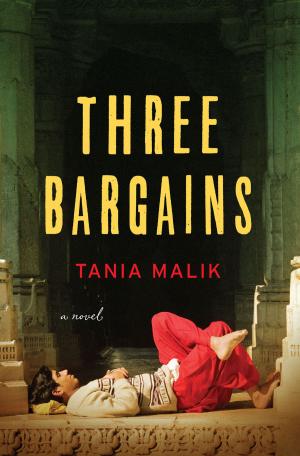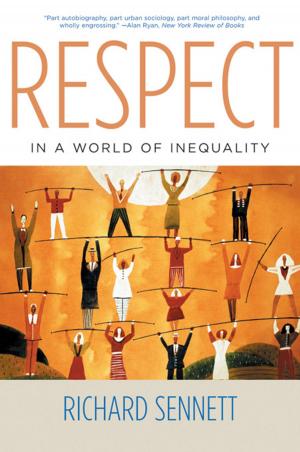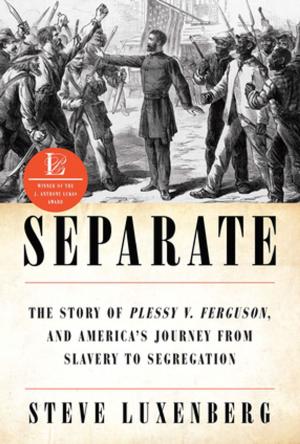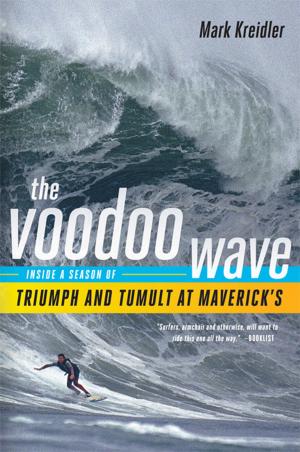A Primer for Poets and Readers of Poetry
Fiction & Literature, Poetry, Anthologies, Nonfiction, Reference & Language, Language Arts, Writing & Publishing, Composition & Creative Writing| Author: | Gregory Orr | ISBN: | 9780393253931 |
| Publisher: | W. W. Norton & Company | Publication: | February 13, 2018 |
| Imprint: | W. W. Norton & Company | Language: | English |
| Author: | Gregory Orr |
| ISBN: | 9780393253931 |
| Publisher: | W. W. Norton & Company |
| Publication: | February 13, 2018 |
| Imprint: | W. W. Norton & Company |
| Language: | English |
An innovative and accessible guide to poetry-writing by an award-winning poet and beloved professor of poetry.
A Primer for Poets and Readers of Poetry guides the young poet toward a deeper understanding of how poetry can function in his or her life, while also introducing the art in an exciting new way. Using such poems as Theodore Roethke’s "My Papa’s Waltz" and Robert Hayden’s "Those Winter Sundays," the Primer encourages young writers to approach their "thresholds"—those places where disorder meets order, where shaping imagination can turn language into urgent and persuasive poems. It provides the poet with more than a dozen focused writing exercises and explains essential topics such as the personal and cultural threshold; the four forces that animate poetic language (naming, singing, saying, imagining); tactics of revision; ecstasy and engagement as motives for poetry; and how to locate and learn from our personal poetic forebears.
An innovative and accessible guide to poetry-writing by an award-winning poet and beloved professor of poetry.
A Primer for Poets and Readers of Poetry guides the young poet toward a deeper understanding of how poetry can function in his or her life, while also introducing the art in an exciting new way. Using such poems as Theodore Roethke’s "My Papa’s Waltz" and Robert Hayden’s "Those Winter Sundays," the Primer encourages young writers to approach their "thresholds"—those places where disorder meets order, where shaping imagination can turn language into urgent and persuasive poems. It provides the poet with more than a dozen focused writing exercises and explains essential topics such as the personal and cultural threshold; the four forces that animate poetic language (naming, singing, saying, imagining); tactics of revision; ecstasy and engagement as motives for poetry; and how to locate and learn from our personal poetic forebears.
